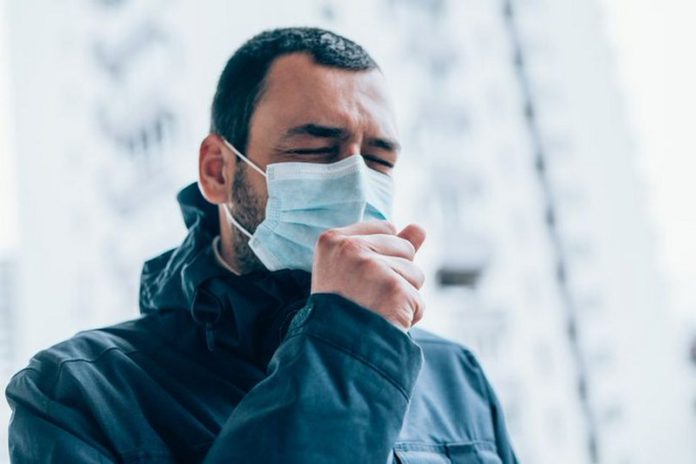Doctors have been left baffled after several coronavirus patients have reported freak pains, lung problems and psychological issues, months after recovering.
The team from Bnei Brak, Israel’s first community clinic, say the reports raise concerns about the long-term effects of Covid-19.
Speaking to The Times of Israel, Eran Schenker, director of the clinic, said: “It can appear in the arms, legs, or other places where the virus doesn’t have a direct impact, and if you ask about the pain level on a 1 to 10 scale, can be 10, with people saying they can’t get to sleep.
“It’s something which we’re starting to see much more in the last week.”
According to Dr Schenker, coronavirus is causing unusual recovery patterns that aren’t usually seen.
He explained: “We’re amazed that people aren’t just suffering from the things we expected, but things we just weren’t aware would have relevance. It’s not textbook.”

While long-term effects are somewhat expected for coronavirus patients who required ventilation, the researchers say that there’s no correlation between the seriousness of the disease and the extent of symptoms afterwrards.
Speaking to The Times of Israel, Professor Gabriel Izbicki, director of Shaare Zedek’s Pulmonary Institute, said: “Within the symptoms that we checked for, we revealed general weakness among the majority of patients alongside shortness of breath, sustained cough, and other complex breathing and pulmonary issues.”
Professor Izbicki added that he too has seen patients with strange pains during their recovery.
He added: “Painkillers block the pain but don’t relieve the source, but we don’t know how to address the source and you can’t be on painkillers the rest of your life.”
Meanwhile, the researchers have also seen several patients suffering the psychological effects of Covid-19.
Dr Schenker said: “It’s amazing how many people went back to work — they can be educators, lawyers and in other professions — but when they sit for an hour they feel anxiety, feel insecure, and sometimes the people suffer from depression beyond what we expected.”
The news comes shortly after research warned that one in three patients who recover from coronavirus ‘could be harmed for life’.
Worryingly, up to one in three coronavirus survivors could have long-term lung damage, according to NHS guidance seen by The Telegraph.
Speaking to The Telegraph, Dr Hilary Floyd, clinical director at the NHS Seacole Centre, said: “We don’t know how long-term long term is.
“We don’t know if the generation who is in their 50s and 60s now will be much more frail or have an increased risk of dementia in 20 years’ time.”


